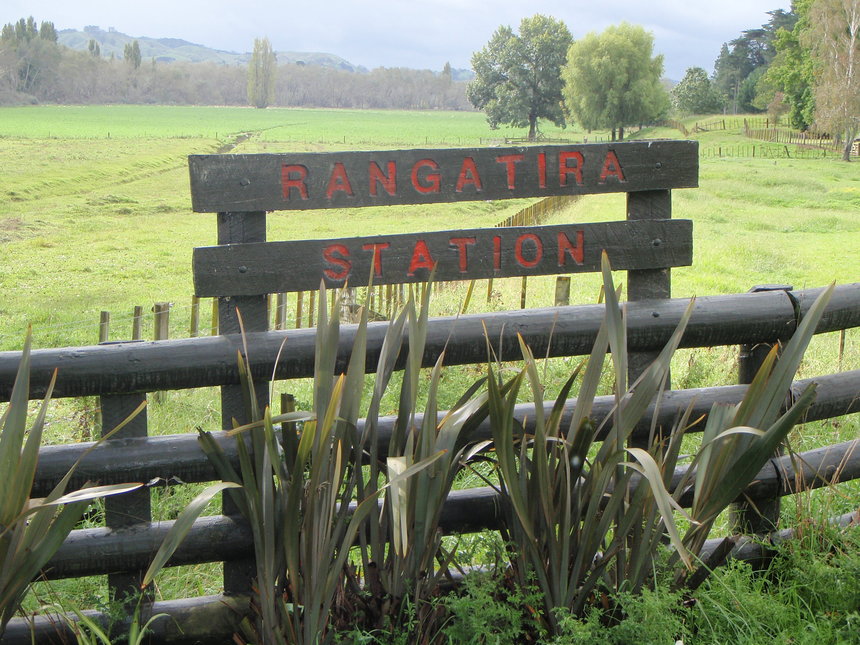Rangatira Station

You’ll find Rangatira Station just south west of Gisborne. It operates as a farming company, owned by the original founder’s daughter – Anne Thomas – and her adult children Norman and Christine.
Today, the farm spans 1580 hectares total area with a further 155 hectares of lease land farmed on the adjoining boundary. With approximately 14,500 stock units, Director and Farm Manager Norman Thomas says he runs a mix of Angus/Angus X breeding cows and a Coopworth ewe flock, with all animals predominantly bred and finished on the property utilising summer feed crops and improved pastures. “The First Light Wagyu involvement sees Wagyu bulls mated to younger cows, resulting in easy calving and a lively, healthy Wagyu/Angus calf,” says Norman. “We raise and finish our Wagyu here at Rangatira using lush pastures, fresh water and abundant Gisborne sunshine.”
Rangatira Station also leases around 100 hectares to local growers each summer for cash cropping, and the farm is a regular host for horse sports, horse hunting, dog sales and shearing schools.
First Light appealed to Rangatira initially as a safe option for heifer calving. “More so though,” says Norman, “it is an opportunity to be part of a high quality, sustainable and branded pure food source. It is a full producer-to-consumer food chain. Joining First Light has highlighted the relevance of traceable, sustainable protein - meaning on-farm we are doing more to record, monitor and trace our animals. It has shown us the importance of a branded story around our farming practices and the marketing of product to the world’s consumers.”
Norman says Rangatira chose to become First Light shareholders because of its commitment to producing a premium eating experience for consumers. “You’ll never have a better meat-eating experience” he enthuses. “It's about producing food that you can stand behind and say ‘I've produced this using only natural sunshine and water to grow grass which these animals consume.’ The processes we undertake on farm are humane and ethical. We farm to pass our land on to the next generation, in as good or better state as we first farmed it.”